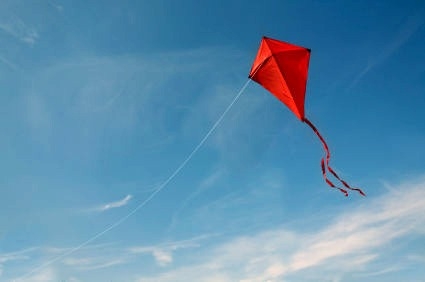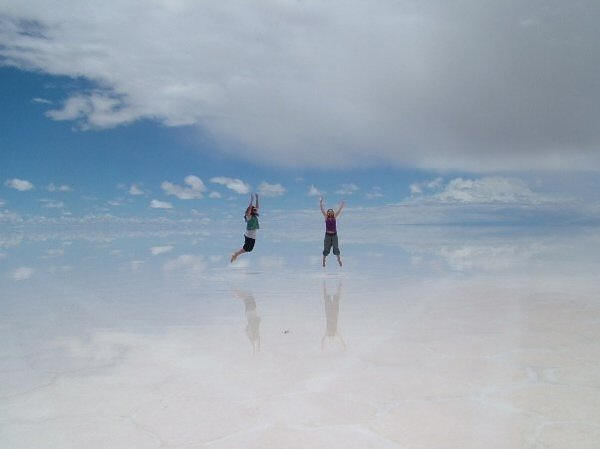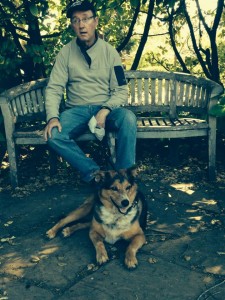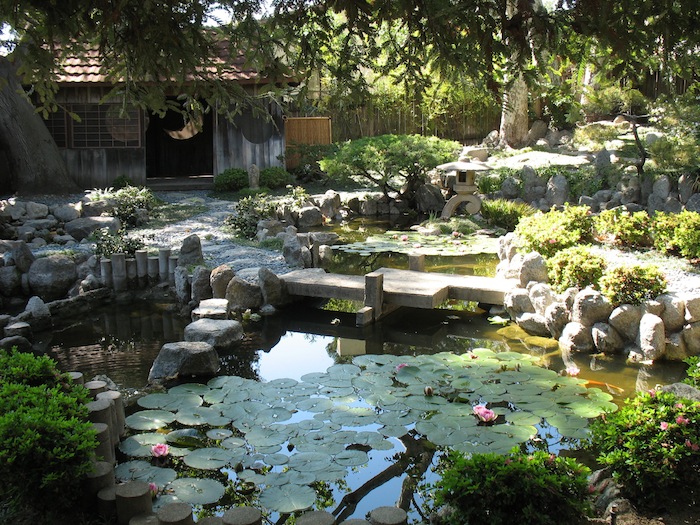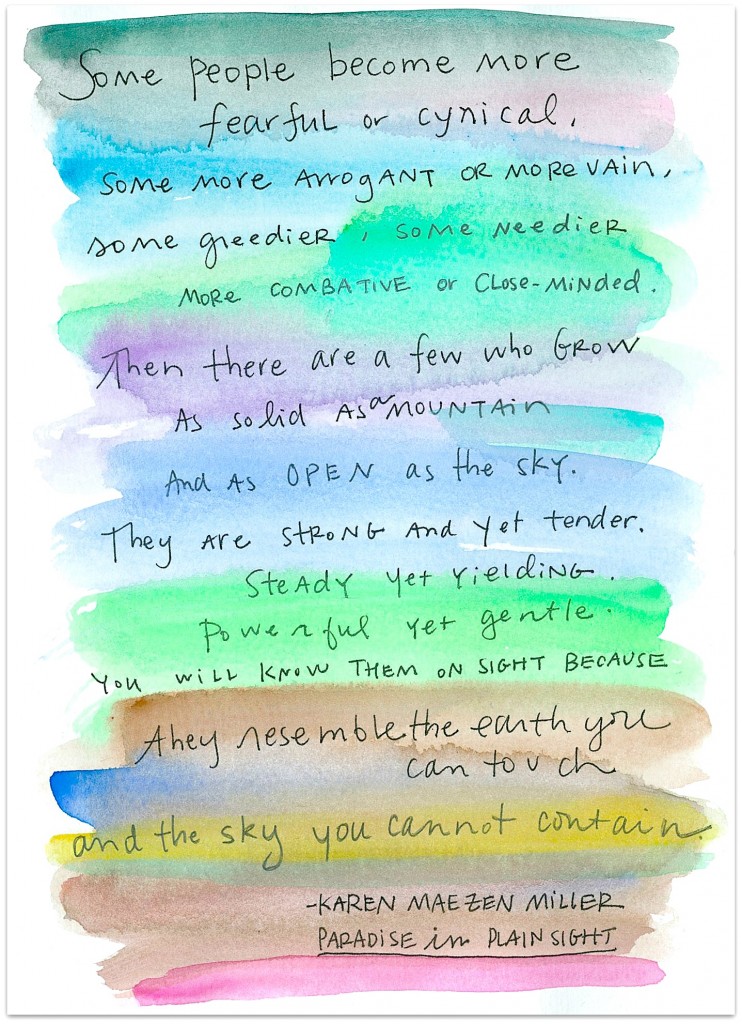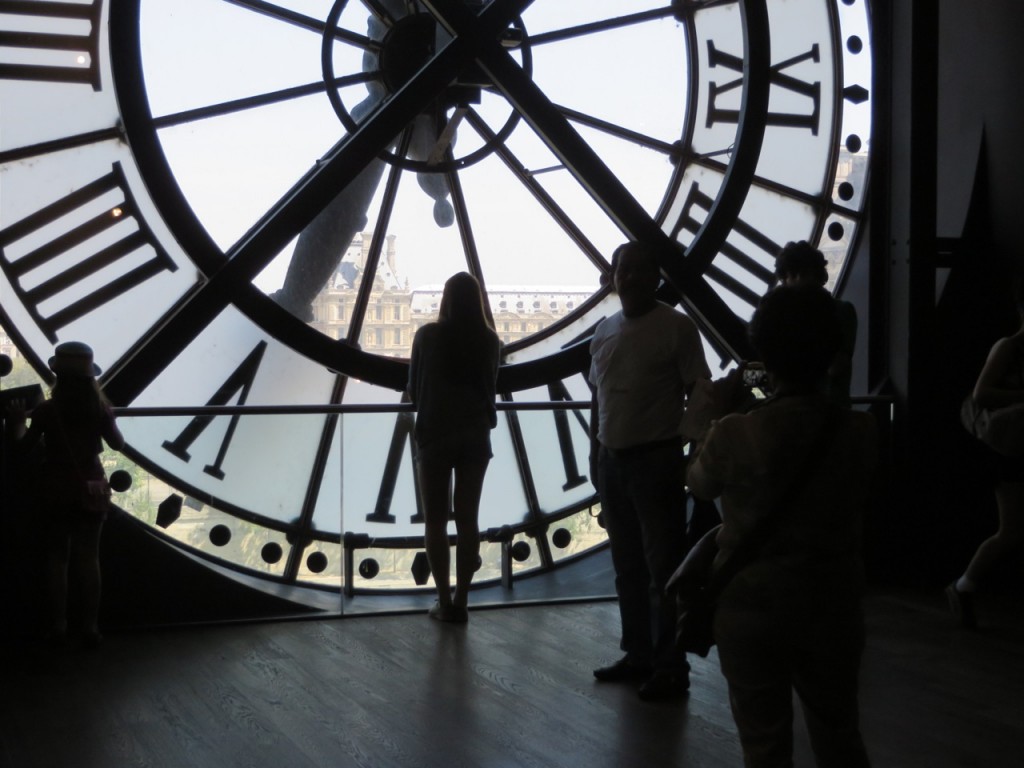
Day after day, day after still day,
The summer has begun to pass away.
When my husband walked past me on the way to work this morning, he asked what I was going to do today.
I did not say what I was really going to do, such as “Wash a week’s worth of towels” or “Iron that clean white shirt of Georgia’s that ended up in the laundry just because it got wrinkled in her suitcase,” or “Make Katrina Kenison’s favorite recipe for gazpacho.” No, I didn’t say any of those things because they seemed trivial compared to the daily march of important activities in which I am no longer employed.
Instead what I said was, “Clean out a few closets.” And I saw the shadow of terror briefly crease my husband’s face, the shadow that crosses whenever I throw out what to him is safely out of sight. By my thinking, closets are where things go to die, and by die I mean lose vitality and disappear from use. Such is my ambition in this eighth month of every year as summer slows and autumn knocks. I become a teeny bit preoccupied with cleaning off the shelves. It’s my thing.
A failing light, no longer numinous,
Now frames the long and solemn afternoons
Where butterflies regret their closed cocoons.
I have just a few closets in my small house and they are in awful shape because I have now lived here longer than I’ve ever lived anywhere. As long, and soon longer, than I lived with my parents. Longer than the time spent with my grandparents, whose undying devotion gave me an eternity of perfect memories. Longer than any home I fled or wrecked. A very long time, and the closets show the count.
When I was packing week before last for a family vacation I went hunting for umbrellas, having seen the forecast, and found our “new” umbrellas encased in grime from layers of daily dust creeping through a slender crack in the closet door. Where in the world do closeted umbrellas get dirty through lack of use? My house, that’s where, in the closet I’m aiming for.
But that’s not what this post is about. I will get to the closets, or someone will. This post is about time. I’m feeling it, aren’t you?
Time, time, time. Next week my precious rosebud of a daughter turns 15. Next month I’ll be 58. We are so blessed.
A few years ago I was giving a talk in Boston at which, without shame, I called myself “an old lady.” A lovely woman wearing a look of discomfort raised her hand.
“Why do you keep calling yourself old?” she asked.
“Because I am.”
“But look at you,” she said, as a compliment.
“I feel as though I’ve lived a thousand years,” I said, “and I am satisfied.”
What’s wrong with being old? More to the point, when did age become an insult? It is liberating to open the doors, sweep the shelves and discard what is no longer enlivened by use. To face the present day and the plain, pure facts in front of us.
We reach the place unripe, and made to know
As with a sudden knowledge that we go
Away forever, all hope of return
Cut off, hearing the crackle of the burn-
ing blade behind us, and the terminal sound
Of apples dropping on the dry ground.
I watched a beautiful film on the plane last Sunday, and then commenced a quasi-obsession with Coco Chanel. She was a captivating ingénue, a force of nature, a cultural legend, and she lived until she was a very old lady of 87. She died not sick, but working — and hers was the work of scissors and straight pins. She made a full, long life of doing the simplest things again and again until she was satisfied.
After a week’s trek through some of the great monuments of Western civilization, I came home from vacation to a dry, needy yard and three full laundry hampers. Four loads and three hours of weeding and I was sated. Not done, not by far, but feeling utterly content and alive. Summer nearly gone, and I’m living well past it. To the closets I come.
Excerpts from the poem “Summer’s Elegy” by Howard Nemerov
Photo: Musée d’Orsay, Paris
Subscribe to my newsletter • Come to a retreat • Friend me • Follow me.

